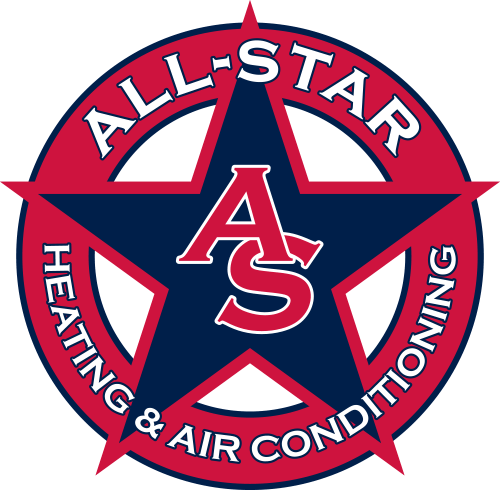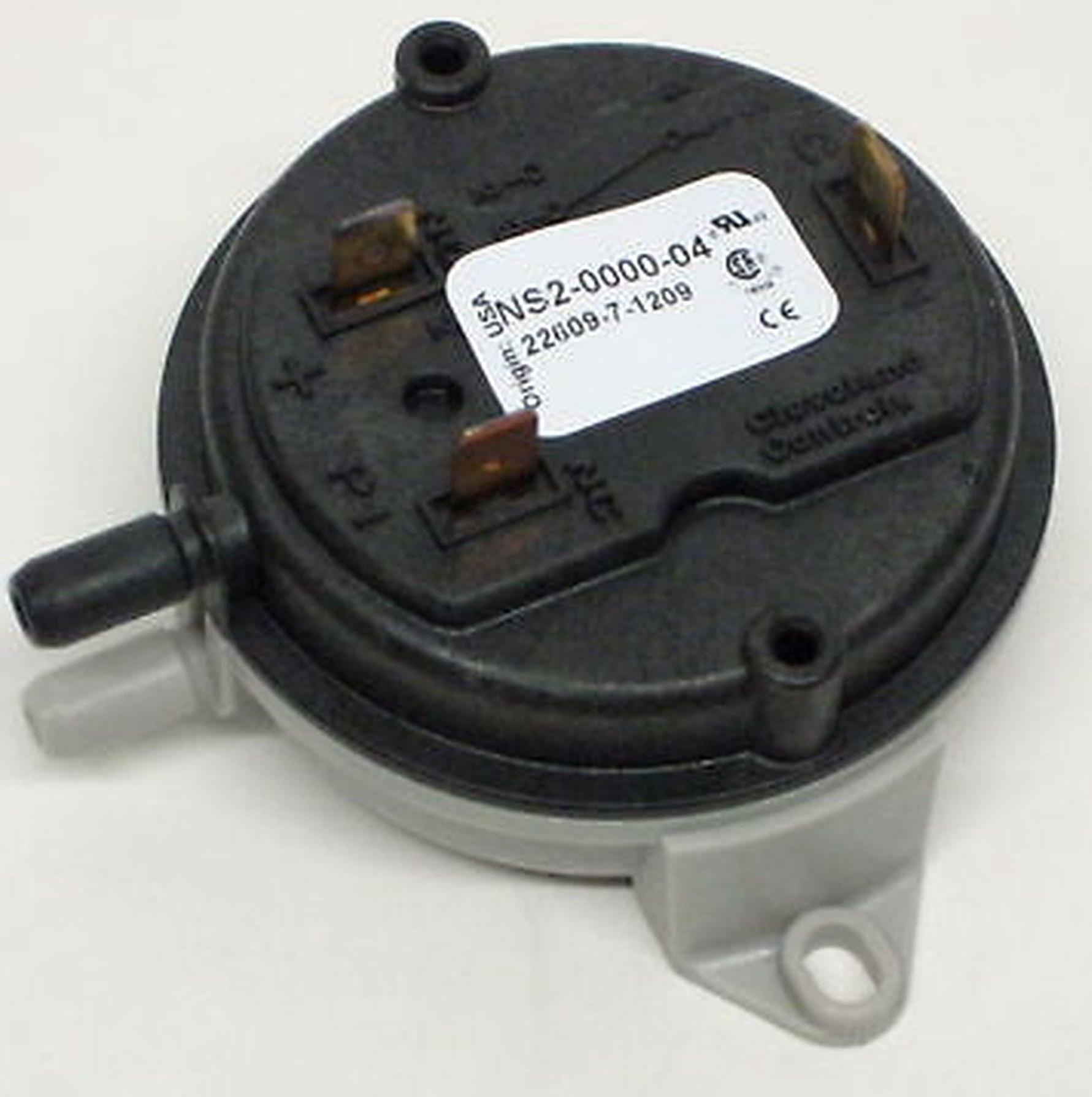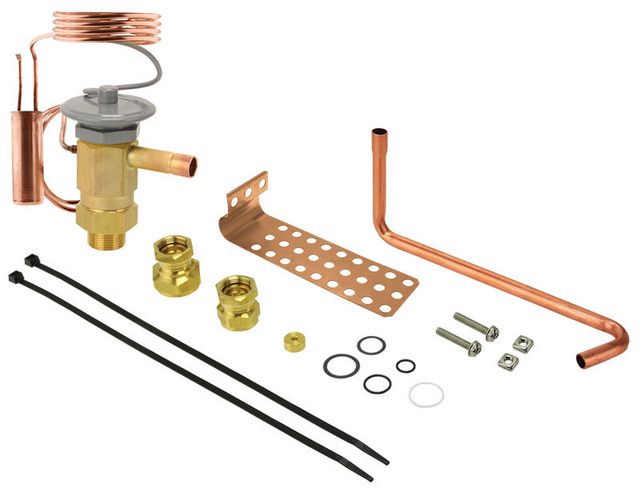
What Is An Air Conditioner Filter (Everything You Need To Know)
What Are AC Air Filters?
Air conditioner (AC) filters are essential components of your home's HVAC system, designed to remove airborne particles and contaminants from the air circulating through the system. These filters play a crucial role in maintaining indoor air quality and protecting the vital components of your air conditioning unit from dust, debris, and other pollutants.
AC air filters are made from various materials, such as fiberglass, pleated paper, polyester, and electrostatic fabric. As air passes through these filters, the materials capture and hold the contaminants, preventing them from circulating back into your living space or causing damage to your AC system's components.
In addition to improving indoor air quality, AC air filters contribute to your air conditioning unit's overall efficiency and longevity. By preventing dirt and debris from accumulating on the evaporator coils, filters help maintain optimal heat exchange and airflow, ensuring your AC unit operates efficiently and reduces energy consumption.
AC air filters serve as the first line of defense against pollutants and contaminants, ensuring that the air you breathe is cleaner while safeguarding the components of your air conditioning system. Regular maintenance, such as cleaning or replacing these filters, is essential to maintain the efficiency of your AC unit and promote a healthy indoor environment.
Types Of Air Conditioning Filters
Air conditioning filters come in various types and materials, each with advantages and filtration capabilities. As a homeowner, it's essential to understand the different types of AC filters available to decide on the best option for your home's HVAC system. Here, we'll explore the most common types of air conditioning filters:
Fiberglass Filters
These are the most basic and affordable types of AC filters. Made from spun fiberglass strands, they are designed to protect the HVAC equipment by trapping larger particles of dust and debris. However, they are not very effective at capturing smaller airborne particles, making them a less desirable choice for those with allergies or respiratory issues.
Pleated Filters
A step up from fiberglass filters, pleated filters are made from polyester or cotton fibers. They offer better filtration efficiency due to their increased surface area, which enables them to capture more particles, including smaller allergens like pollen and pet dander. Pleated filters are available in varying efficiency, making them suitable for various needs and budgets.
Washable Filters
These reusable filters are made from foam, aluminum, or electrostatic fabric and are designed to be cleaned and reinstalled in the AC unit. While washable filters may seem more cost-effective and environmentally friendly, they tend to have lower filtration efficiency compared to disposable filters and require regular maintenance to perform well.
High-Efficiency Particulate Air (HEPA) Filters
HEPA filters are considered the gold standard for air filtration, capable of capturing up to 99.97% of particles as small as 0.3 microns. While highly effective at improving indoor air quality, HEPA filters are generally unsuitable for standard residential HVAC systems due to their high airflow resistance. They are more commonly used in specialized settings, such as cleanrooms and hospitals.
Activated Carbon Filters
These filters are designed to remove odors, fumes, and volatile organic compounds (VOCs) from the air. They contain activated carbon, which absorbs and neutralizes airborne chemicals. Activated carbon filters are often combined with other filter types (e.g., pleated or HEPA) for particle and odor filtration.
When choosing an air conditioning filter, consider your home's needs, allergies or respiratory issues, and budget. Balancing filtration efficiency and airflow resistance is essential to maintain optimal HVAC system performance and indoor air quality.
AC Air Filter Efficiency Ratings
Air conditioner filters play a vital role in maintaining the air quality in your home and ensuring the efficient operation of your HVAC system. To better understand and compare the performance of various AC filters, it's essential to know their efficiency ratings. These ratings are designed to help you make informed choices when selecting a filter that best suits your needs.
The primary rating system for AC air filters is the Minimum Efficiency Reporting Value (MERV). Developed by the American Society of Heating, Refrigerating, and Air-Conditioning Engineers (ASHRAE), MERV ratings range from 1 to 20, with higher numbers indicating greater filtration efficiency.
Here's a breakdown of MERV ratings and their corresponding levels of filtration efficiency:
- MERV 1-4: These filters offer basic filtration and are typically made from fiberglass or synthetic materials. They are designed to capture larger particles, such as dust mites, pollen, and carpet fibers. While these filters are inexpensive, they provide limited air quality improvement.
- MERV 5-8: Filters within this range offers improved filtration and are suitable for most residential applications. They can capture particles as small as 3 microns, including mold spores, pet dander, and hair spray. These filters provide a good balance between cost and performance for most homeowners.
- MERV 9-12: Ideal for individuals with allergies or asthma, these filters provide superior filtration and can capture particles as small as 1 micron. They effectively remove pollen, mold spores, dust mites, and other airborne contaminants that can trigger respiratory issues.
- MERV 13-16: These high-efficiency filters are typically used in commercial settings or for homeowners with specific health concerns. They can capture particles as small as 0.3 microns, including bacteria, tobacco smoke, and viruses.
- MERV 17-20: Reserved for specialized environments such as clean rooms, hospitals, and laboratories, these filters offer the highest level of filtration, capturing particles as small as 0.1 microns.
Remember that higher MERV ratings provide better filtration and create more airflow resistance, which can strain your HVAC system. Selecting a filter that balances air quality improvement and energy efficiency is important. Always consult your system's manufacturer guidelines or consult with a professional HVAC technician, like the experts at All-Star HVAC, to ensure the proper filter is chosen for your specific needs.
Why Do You Need To Change AC Air Filters?
At All-Star HVAC, we understand the importance of maintaining a comfortable and healthy living environment, including keeping your air conditioning system in shape. One critical aspect of maintaining your AC system is regularly changing the air filters. But why do you need to change AC air filters? Let's explore the reasons behind this essential maintenance task.
Improved Air Quality
AC air filters trap dust, pollen, pet dander, and other airborne contaminants circulating through your home. Over time, these filters become saturated with debris, reducing their ability to capture pollutants effectively. By changing the filters regularly, you ensure that the air circulating in your home remains clean and healthy for you and your family.
Enhanced Efficiency
A clogged air filter forces your AC system to work harder to maintain the desired temperature, leading to increased energy consumption and higher utility bills. Replacing dirty filters with clean ones allows for smooth airflow, reducing the strain on your AC system and improving its overall efficiency.
Prolonged System Life
When your air filter is dirty and clogged, it can cause your AC system to overwork, increasing wear and tear on its components. Regularly changing your air filters prevents undue stress on your system, helping extend its lifespan and reduce the likelihood of costly repairs.
Reduced Allergy Symptoms
Maintaining clean air filters is crucial for those who suffer from allergies. A clean filter effectively traps allergens, preventing them from circulating throughout your home and reducing allergy symptoms.
Protecting Your HVAC System
A dirty air filter can lead to restricted airflow, causing your AC system's evaporator coil to freeze or the blower motor to overheat. Changing your air filter regularly helps prevent such issues and keeps your HVAC system running smoothly.
Make it a point to inspect, clean, or replace your filters to keep your home comfortable and your HVAC system in peak condition. If you need filter maintenance or any other HVAC services, don't hesitate to contact our team at All-Star HVAC.
How Often Should You Clean Your Air Filter?
Regularly cleaning your air filter is essential to maintaining your HVAC system and ensuring that it runs efficiently. But how often should you clean your air filter?
The answer to this question depends on several factors, such as your filter type, how frequently you use your HVAC system, and the indoor air quality in your home. However, a general rule of thumb is to clean or replace your air filter every one to three months.
If you have pets or someone in your household has allergies, you may need to clean or replace your air filter more frequently. Similarly, if you use your HVAC system frequently or live in an area with high pollution levels or allergens, you may need to clean your air filter more often.
Neglecting to clean your air filter regularly can result in reduced indoor air quality, decreased energy efficiency, and even system failure. So, it's important to ensure you stay on top of air filter maintenance to keep your HVAC system running smoothly.
If you're unsure how often to clean your air filter or need assistance with HVAC maintenance, contact a trusted HVAC professional for guidance. They can help you determine the best action based on your needs and situation.
Reliable Air Conditioning Technicians Serving Knoxville, TN, and Surrounding Areas
All-Star Heating and Air Conditioning is your trusted HVAC expert for all your air conditioning needs. Our highly trained and experienced technicians are dedicated to providing top-quality air conditioning services to ensure your home or business stays cool and comfortable all year round.
We offer various air conditioning services to meet all your cooling needs, including installation, repair, and maintenance. Our team is well-equipped with the latest tools and technology to handle any air conditioning job, whether big or small.
At All-Star Heating and Air Conditioning, we believe in providing our customers exceptional service and value for their money. That's why we offer competitive pricing on all our services, and we're committed to getting the job done right the first time.
Whether you need a new air conditioning system installed or need to repair your existing one, you can trust the experts at All-Star Heating and Air Conditioning to get the job done quickly and efficiently. Call us at
(865) 333-3116 schedule an appointment and experience the difference our trusted HVAC experts can make for your home or business.


Payment Options








